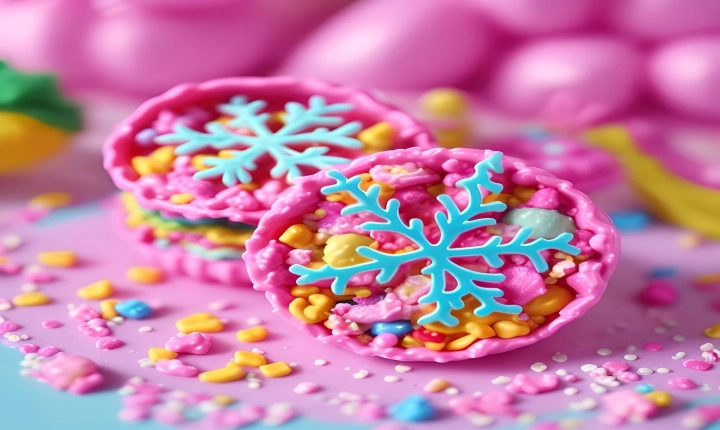Converting a low-resolution PNG file to an Adobe Illustrator (AI) file format can be a valuable skill for designers and graphic artists. AI files are scalable and editable, making them ideal for high-quality printing, large format designs, and logo creation. If you have a low-resolution PNG image that you want to convert to AI, here are some simple steps to help you achieve that:
1. Open the PNG file in Adobe Illustrator.
Begin by launching Adobe Illustrator and opening the low-resolution PNG file that you want to convert to an AI format. You can simply drag and drop the PNG file into Illustrator’s workspace or use the “File” menu to open the file.
2. Use the Image Trace tool.
Once the PNG file is open in Illustrator, you can use the Image Trace tool to convert the raster-based image into a vector format. To do this, select the PNG file and then go to the “Object” menu, choose “Image Trace,” and select “Make” or use the “Image Trace” panel to adjust the settings according to your preference.
3. Adjust the Image Trace settings.
The Image Trace panel allows you to adjust the settings to achieve the desired level of detail and accuracy in the vector tracing process. You can experiment with options such as the “Mode,” “Threshold,” “Paths,” and “Colors” to refine the tracing result. Preview the changes as you adjust the settings to ensure the output meets your requirements.
4. Expand the traced image.
Once you are satisfied with the traced result, you can expand the image by selecting the “Expand” button in the control panel at the top of the screen. This will convert the traced image into editable vector paths and shapes.
5. Save the file as an AI format.
After expanding the traced image, you can save the file as an Adobe Illustrator (AI) format. Simply go to the “File” menu, choose “Save As,” and select the AI format from the dropdown menu. Give the file a name and choose the destination folder for saving.
By following these steps, you can effectively convert a low-resolution PNG file into an Adobe Illustrator (AI) format. Keep in mind that the quality of the final vector result may vary depending on the original image resolution and the settings used in the Image Trace process. It’s also important to manually refine the vector paths and shapes as needed to ensure the best possible outcome.
Converting raster images to vector format requires careful attention to detail and a good understanding of the tools and options available in Adobe Illustrator. With practice and experimentation, you can improve your skills in converting low-resolution images to high-quality, scalable vectors, opening up new possibilities for using your designs in various printed and digital media.
